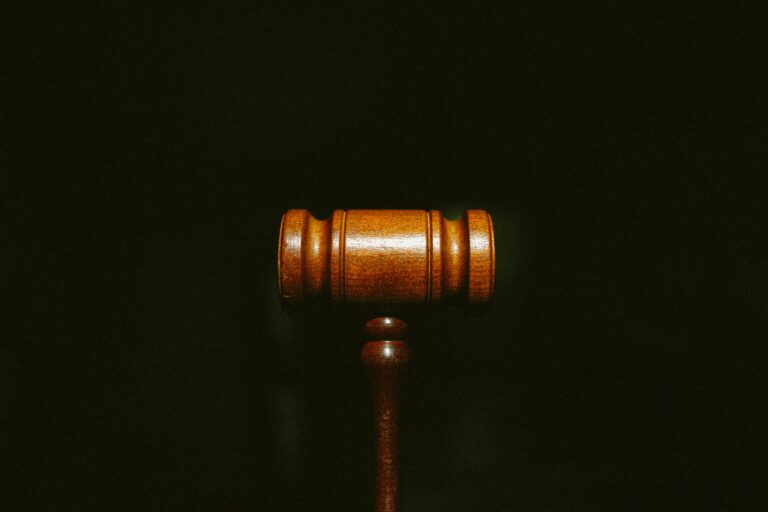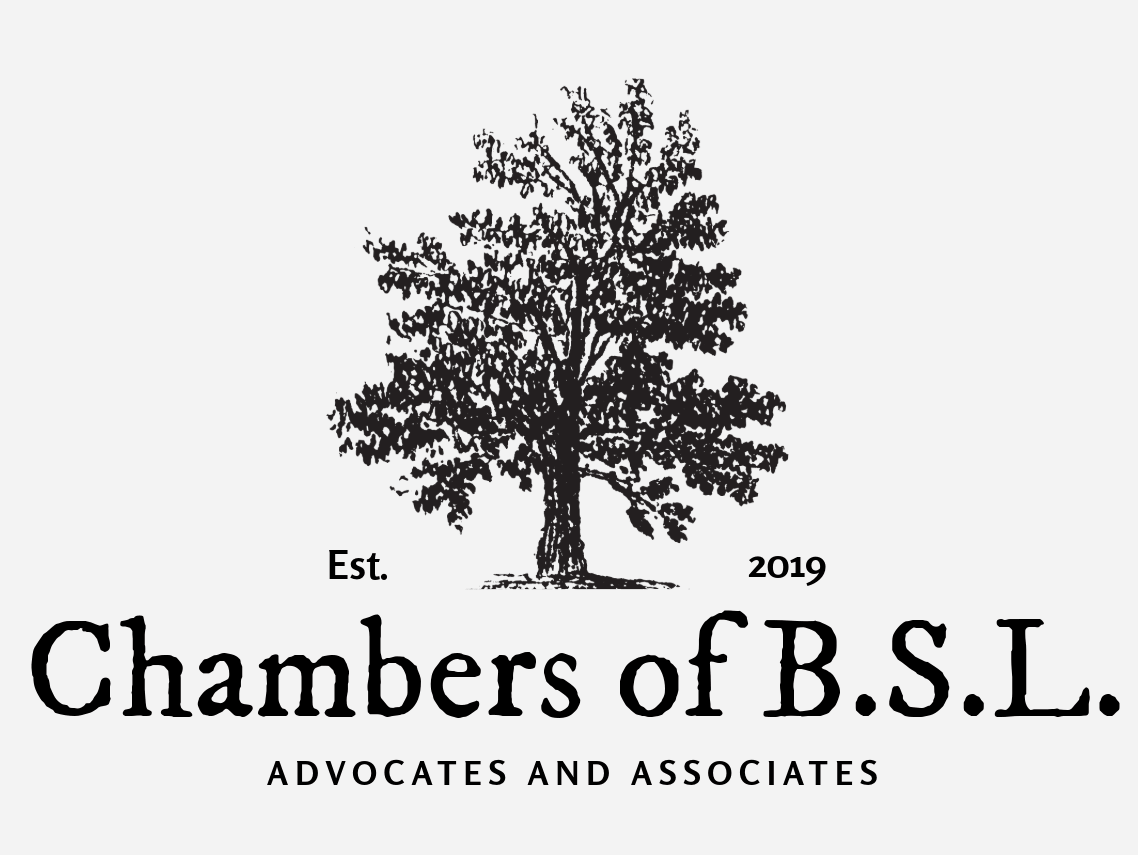Monday to Friday - 08:00 - 20:00
Recent Developments in Criminal Bail Jurisprudence

The constitutional promise of liberty and fair process in criminal justice is increasingly underlined by judicial scrutiny of bail norms. In recent months, courts have delivered notable rulings that refine the contours of bail—emphasizing its merit-based nature and reinforcing procedural safeguards.
One significant development from the Supreme Court clarified that courts should not grant bail based on monetary undertakings unrelated to the merits of the case. The Court observed that bail decisions must stem solely from the legal grounds advanced in the application and not from promises such as deposits or unrelated conditions.
The Supreme Court has also addressed the issue of imposing inappropriate conditions in bail orders. In one matter, an anticipatory bail was granted on the condition that the accused husband resume conjugal life with his spouse. The Court struck down such a condition as being outside the scope of law, reaffirming that bail must be determined only on legal considerations and not personal or extraneous terms.
Another ruling mandated full disclosure of criminal history by applicants seeking bail. The Court held that prior criminal records must be disclosed so that courts can properly assess risks to public safety before granting release. This principle strengthens transparency and helps balance individual liberty with the interests of justice.
Systemic inefficiencies have also been highlighted. The Supreme Court noted that the scarcity of dedicated National Investigation Agency courts often causes long delays in trials. In such cases, prolonged pre-trial detention may violate fundamental rights, compelling courts to grant bail to undertrial prisoners in the interest of fairness.
Money laundering cases have also witnessed important clarification. The Supreme Court ruled that an accused person need not remain in custody for at least one year before becoming eligible for bail. This judgment reinforces the principle that bail cannot be tied to arbitrary timeframes but must align with statutory provisions and constitutional protections.
Together, these developments reinforce the foundational principle that bail is the rule and jail the exception. The judiciary continues to balance accountability with personal liberty, ensuring that the right to bail remains a vital safeguard of justice within the criminal process.


